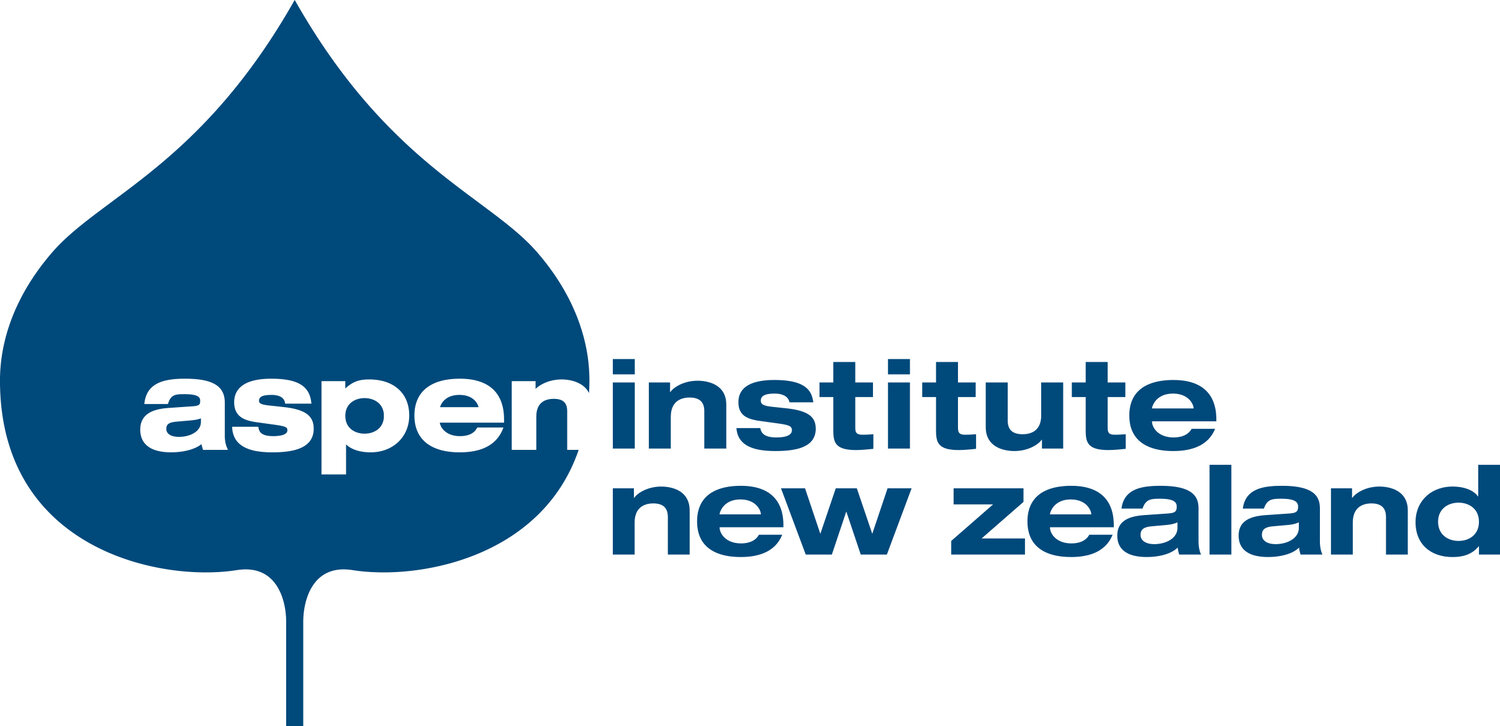State of Pure Science in New Zealand
In September, we brought together senior members of the NZ scientific community to contribute to a report on the state of pure (‘basic’ science) research around the world, co-chaired by Aaron Mertz, Director of Aspen Institute’s Science & Society Program and Christine Maiden Sharp, CEO of Aspen Institute New Zealand.
The key qualitative points from the discussion, along with similar discussions by the other 13 Aspen Partners, will contribute to the final report by Aspen Institute’s Science & Society Program. The purpose is to highlight on a global scale, the importance of pure science, glaring gaps in funding, and ideas to lift engagement and democratise science as a guiding force for public good.
Key points included:
Overall, New Zealand underspends and undervalues science & research
Pure science is vital to remain economically competitive
Science needs to be more inclusive and relevant, to increase trust and impact
Do more to recover and engage internationally, such as how overheads are allocated for research, living wage for PhD students and developing career paths
Respond to international opportunities in a timely matter with adequate funding
Be more strategic and recognise the opportunity costs of pursuing ad hoc, short term, low cost, and low risk returns. Debate on how should NZ participate - lead or follow? e.g. play to our strengths and focus on niche expertise, such as agriculture and climate change
Consider the systemic issues, involve the business community more, invest in schools (and teachers) from the first years to unlock curious minds, make science cool, have scientists actively engage with the community and mentor diverse range of students
The Aspen Institute Science & Society Program convenes experts in solutions-oriented strategy session, mobilize a diverse constituency of science advocates, and implement public outreach efforts and initiatives.
Recognizing the importance of science to the health and success of our nation and world, the Science & Society program addresses critical gaps in public trust in, and appreciation of, advances in science. The program examines the impact of those advances on diverse societies and the implications for social justice and also explores the tension between growing nationalism and the global nature of science.
“While the Aspen Institute has long recognized the important role of science in society, the time is right for a more focused effort,” said Elliot Gerson, Aspen Institute Executive Vice President for Policy, Public, and International Programs.
“With science under fire from various sectors of our society, the work of this new program will be all the more timely and impactful.”

